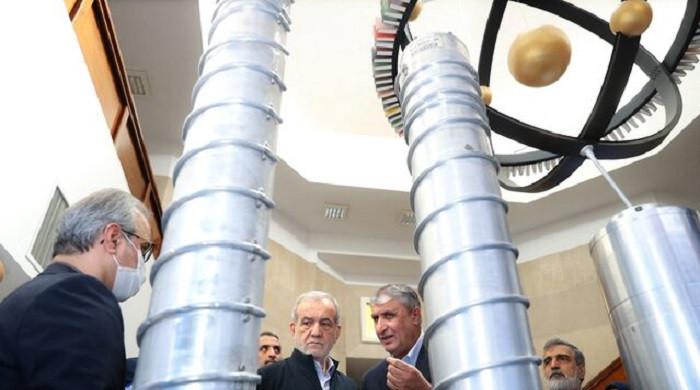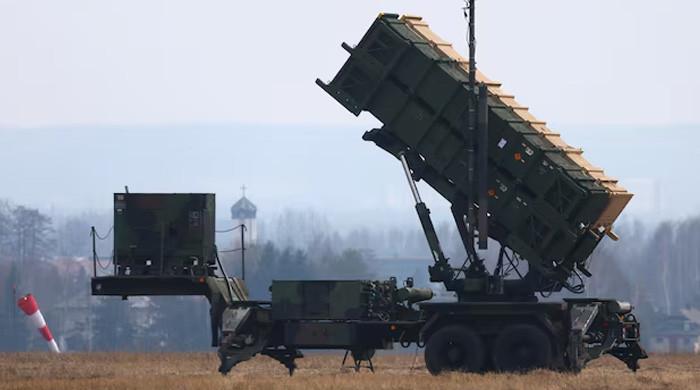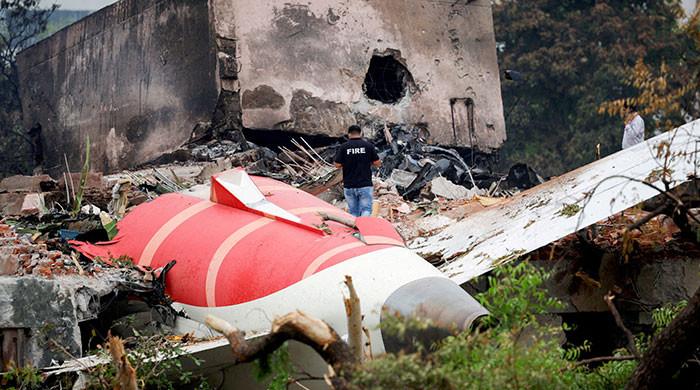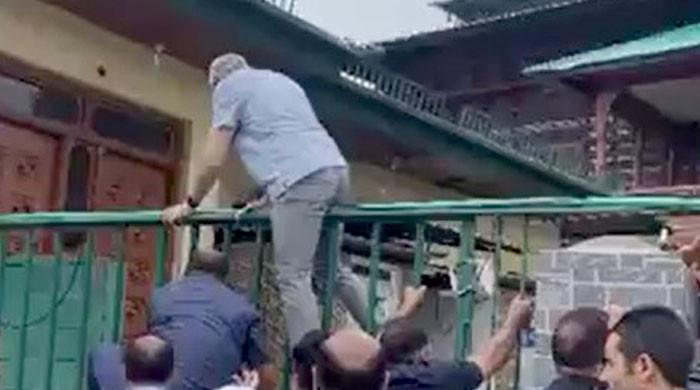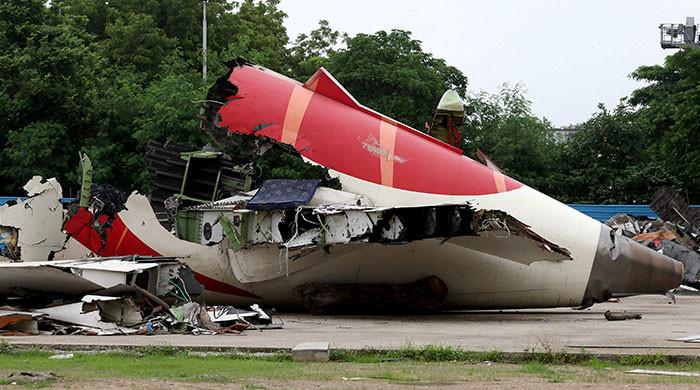London Bridge attacker Khuram Butt was on bail for fraud, says police
Police has identified Butt as the ringleader of the three-man terror cell which carried out the attack.
June 10, 2017
LONDON: London Bridge attacker Khuram Butt was on bail after being arrested for a "low-level" fraud, said British police.
The 27-year-old was held in relation to an allegation in October 2016 and the case was referred to the Crown Prosecution Service.
Butt had been informed by the authorities that he would face no further action after his bail probation ended, which was due soon.
British police has also identified Butt as the ringleader of the three-man terror cell which carried out the attack in the heart of London.
Security services have faced intense scrutiny after it emerged that Butt was known to police and MI5, and had been investigated in 2015. He had also been reported to an anti-terror hotline.
"We did receive a call to the hotline about him, which did feed into the investigation, and the wider intelligence picture around Butt,” said Commander Dean Haydon, head of Scotland Yard's Counter Terrorism Command.
The police added that no evidence was found in regards to planning for the attack and he was of interest to security services and the police.
"We did find evidence of a low-level fraud, which he had been arrested for in October 2016. The case had been referred to the Crown Prosecution Service,” said Haydon.
Questions have also been raised on Butt's appearance last year in the Channel 4 documentary The Jihadis Next Door.
Haydon confirmed that officers and lawyers assessed the programme during an investigation into preacher Anjum Choudary and another man.
"It was assessed at the time for not just those two individuals but more broadly. Whilst a lot of the content was distasteful and deeply abhorrent, no criminality was evident."
Butt had two police cautions, one for fraud in 2008 and another in 2010 for common assault, but no criminal convictions.
The other two attackers, Youssef Zaghba and Rachid Redouane, did not have any convictions in the UK.
Security services are set to undertake reviews into intelligence processes and whether they could have prevented the attack.
"From what I'm seeing, there is nothing that suggests at the moment that we got that wrong,” said the head of Scotland Yard’s Counter Terrorism Command.






